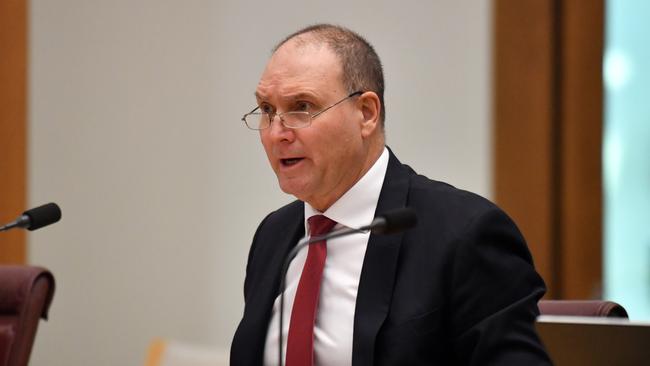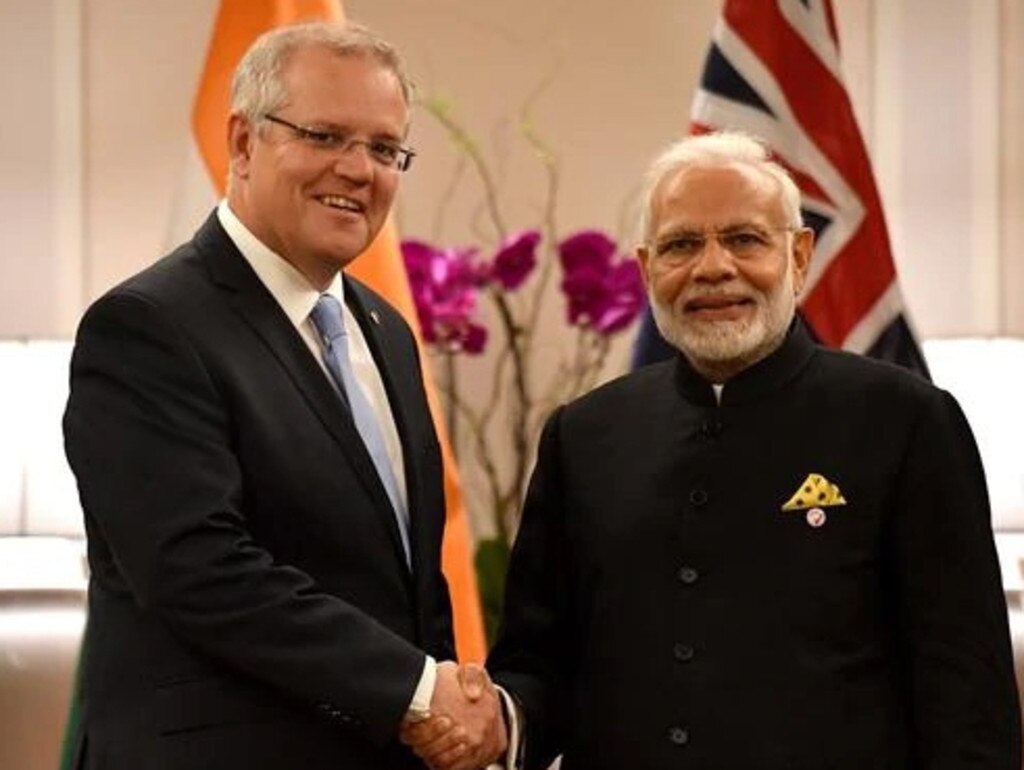Wide-scale subsidies ‘not on the cards’ but COVID-19 Commission backs gas infrastructure
COVID Commission remains open to public ownership of new pipelines.

The National COVID-19 Coordination Commission wants to challenge producers’ assumptions over the price of gas on Australia’s east coast and remains open to public ownership of new pipelines.
A NCCC manufacturing task-force chaired by former Dow boss Andrew Liveris recommended the federal government guarantee gas volumes, open new fields and build pipelines to halve the price of the fossil fuel to a $4 a gigajoule target.
Shell, one of Australia’s biggest gas producers, said manufacturers needed to be realistic about calls for cheap gas given declining supplies from legacy fields such as Victoria’s Bass Strait.
While NCCC chairman Nev Power distanced the Commission from the leaked report, he said it was important to set strong “stretch targets” for more affordable gas.
“The benefits of lower gas prices to me are very broad. There are some people that probably see that as unachievable but I believe we should be setting strong stretch targets that are going to benefit the Australian households and businesses broadly,” Mr Power told the Senate’s COVID-19 committee.
Heavy industry is still only being offered gas between $8-10 a gigajoule for long-term contracts, despite big falls in spot prices so far this year.
The NCCC said it had noted the backlash on the feasibility of cheaper gas prices on Australia’s east coast from big producers.
“It’d be fair to say there are a number of gas companies that don’t believe it’s a good thing and probably would not benefit from it and they’ve been quite strident in saying that the sorts of gas prices we’re setting as targets are not achievable,” Mr Power said.
“I think if nothing else we’ve created a very robust debate across the industry with the objective of trying to identify opportunities to reduce the gas price and benefit everybody in the short term and also provide the foundation to expand and develop manufacturing industries that rely on gas as a raw material.”
Mr Power was at pains to assure the Senate hearing that it had moved on from the draft report which recommended trying to mimic a supply surge in the US which had lowered prices and made manufacturing more affordable.
“The leaked report doesn’t reflect the views of the Commission,” Mr Power said.
“It was an interim report and I can’t recall whether we’d seen it at all or whether it was in a very early draft or presentation when we saw it.”
A final report has now been submitted to the government and while wide-scale subsidies are not being considered, the Commission does support government backing for gas infrastructure such as pipelines.
“The Commission is not recommending any subsidised delivery of gas or any other energy system. But we have talked about the provision of infrastructure to reduce the cost of transportation and deliver lower cost.”
The NCCC was also quizzed over its support for Santos’ $3.6bn controversial Narrabri coal seam gas project in NSW which is awaiting approvals from state planning authorities.
“I think it was included in the report. I can’t remember the details around that. It was one of a number of projects mentioned in the report,” Mr Power said.
“The predominant focus was on infrastructure to reduce the cost of transportation as opposed to supply, but there was a wide range of sources that were canvassed in that. That included infrastructure which could have dual purpose for providing transportation of gas into the network generally and specific projects.”
The Investor Group on Climate Change Investor Group on Climate Change said any public money for pipelines needs to be stress-tested given the risk of stranded assets as pressure grows for the economy to move away from fossil fuels.
“This is what governments and financial and corporate regulators, like ASIC, APRA and the Reserve Bank, are increasingly expecting of private institutions as a bulwark against greater economic instability, and the same standard should apply to public investment decisions,” IGCC policy director Erwin Jackson said.






To join the conversation, please log in. Don't have an account? Register
Join the conversation, you are commenting as Logout